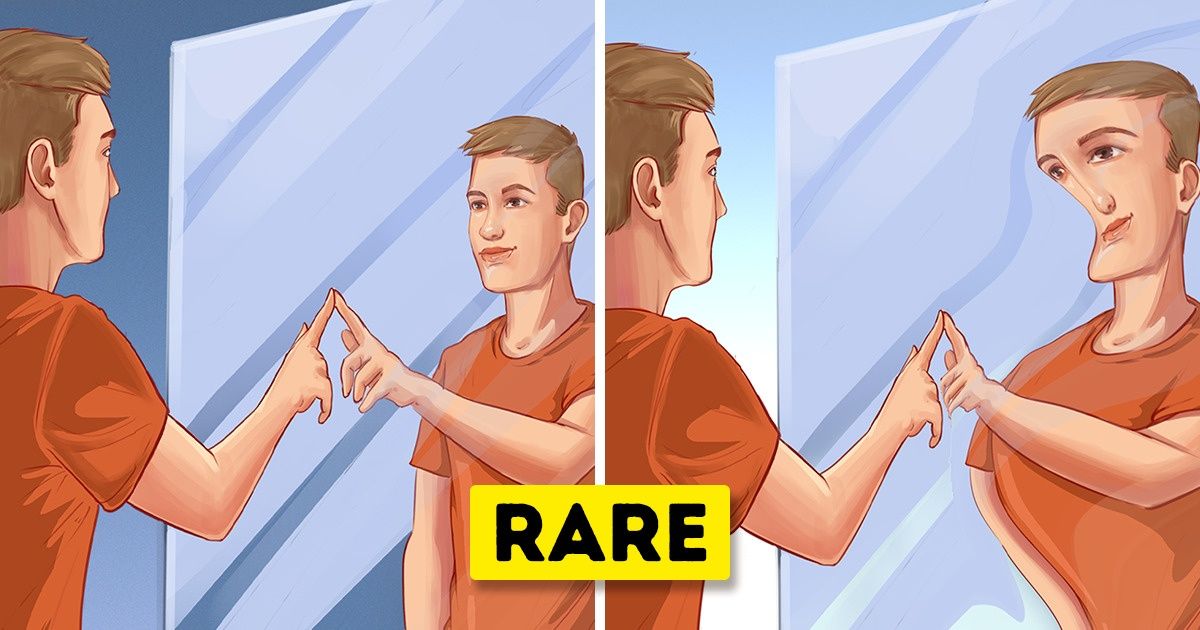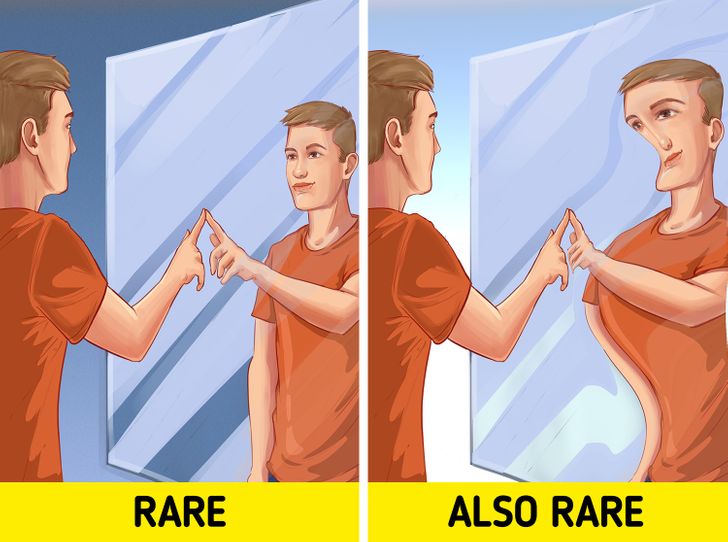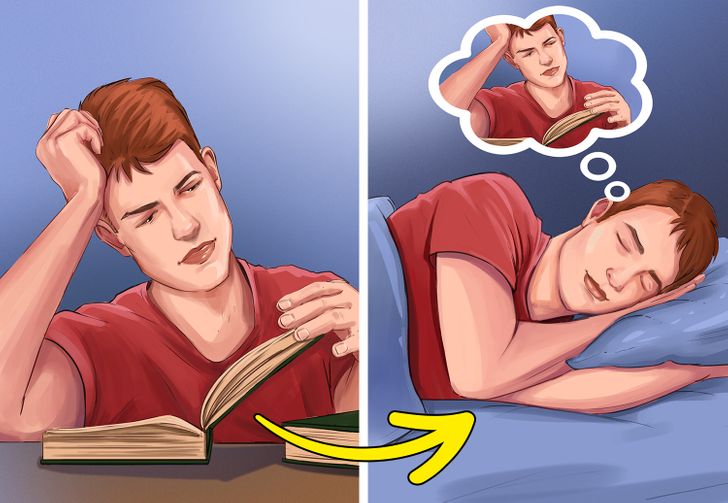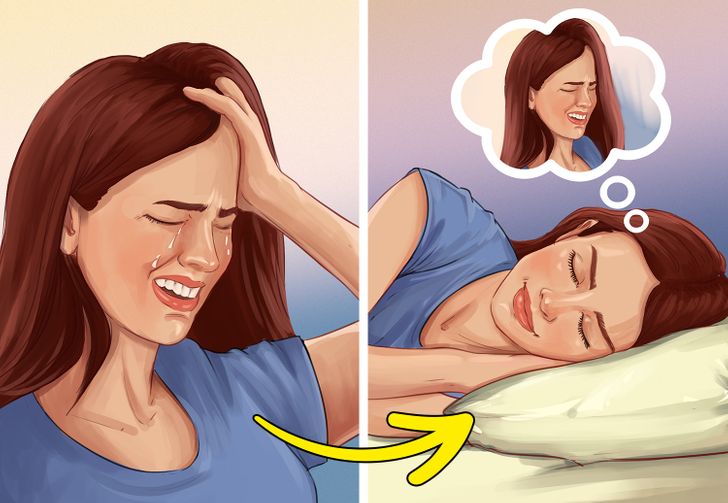Why We Dream

Dreams give us endless possibilities, and there are various reasons why we dream. 5-Minute Crafts is now going to explain why we experience dreams and how they help us live our lives.
What dreams are

Dreams are sensory information that we get when the brain is in a resting state, otherwise known as asleep. It’s assumed that dreams only occur during rapid eye movement (REM) sleep — this is when the brain appears to be active but the person is asleep and in a state of paralysis. Some studies have suggested that dreams can happen even outside of REM.
The most common dreams are about things like falling, being naked in public, being chased, losing teeth, and flying, but there are some that are more rare, like dreaming with mirrors, for instance.
Dreams work as memory aids.

A widely accepted theory says that dreams work as a way for us to store important memories and things we’ve learned and get rid of memories that aren’t as important. If you learn some new information and then dream about it, you’ll be able to recall it better than if you didn’t think of it in your dreams.
Dreams help us process information.
Our dreams can be a compilation of random thoughts, images, and memories that occur to us while we’re sleeping. However, these things may all come together in a meaningful way while we’re awake. That being said, dreams may provoke the dreamer to make new connections and inspire useful ideas.
Dreams can be used as your muse to find creativity.

Dreams mimic a stage of creativity, which is why some artists become very attached to their dreams. In our dreams, we brainstorm a range of possibilities, and it gives us space to explore.
Dreams can serve as a survival instinct.
When we’re dreaming, one of the areas of the brain that is most active is the amygdala. This is the part of the brain associated with the survival instinct. One theory suggests that because this part is more active when we’re asleep than it is in our waking life, it may be the brain’s way of preparing us to deal with possible threats.
Dreams help us process emotions.

Dreams may help us process and cope with our emotions and traumas in a safer space, during sleep. Rapid eye movement (REM) sleep — when we dream more vividly and intensely — plays a vital role in emotional brain regulation. This also helps explain why so many dreams can sometimes be emotionally vivid, or why traumatic experiences tend to show up on repeat.